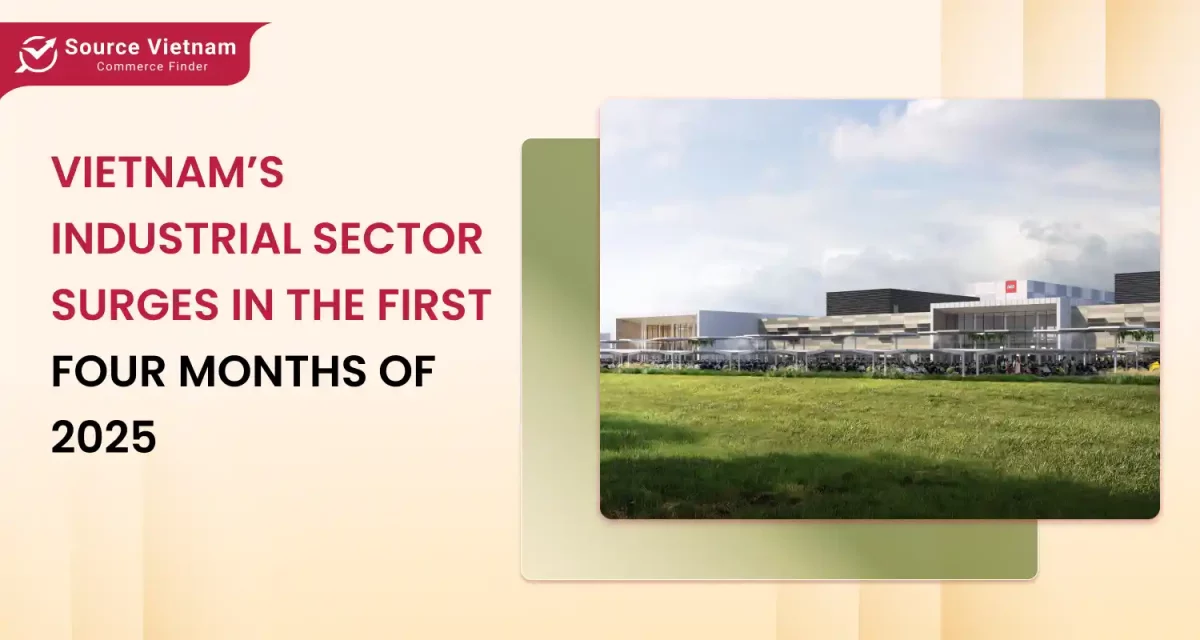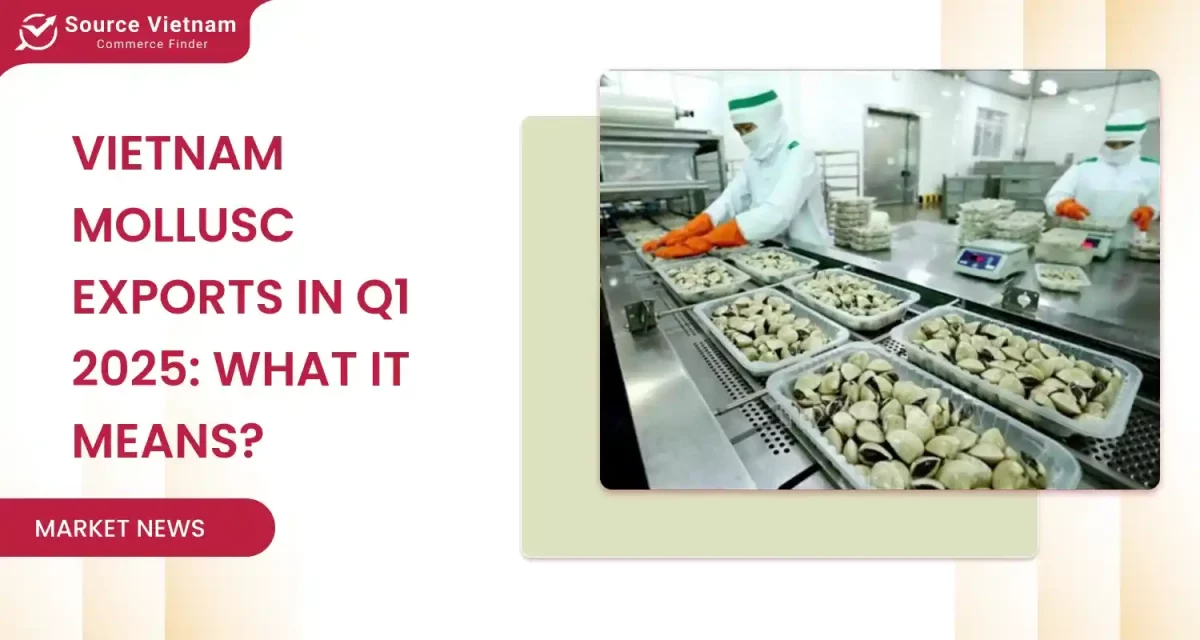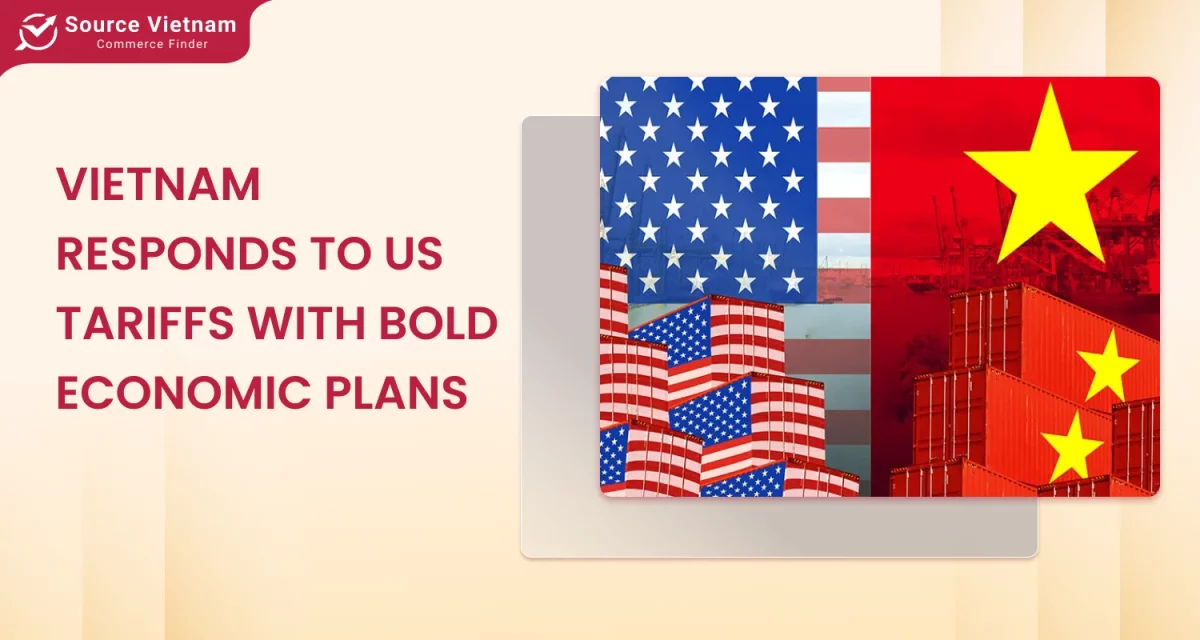Insight:
- Vietnam is rapidly transforming into a regional economic powerhouse, with bold ambitions to become Southeast Asia’s second-largest economy by 2036.
- While opportunities abound, success will depend on strategic reforms, innovation, and navigating global challenges.
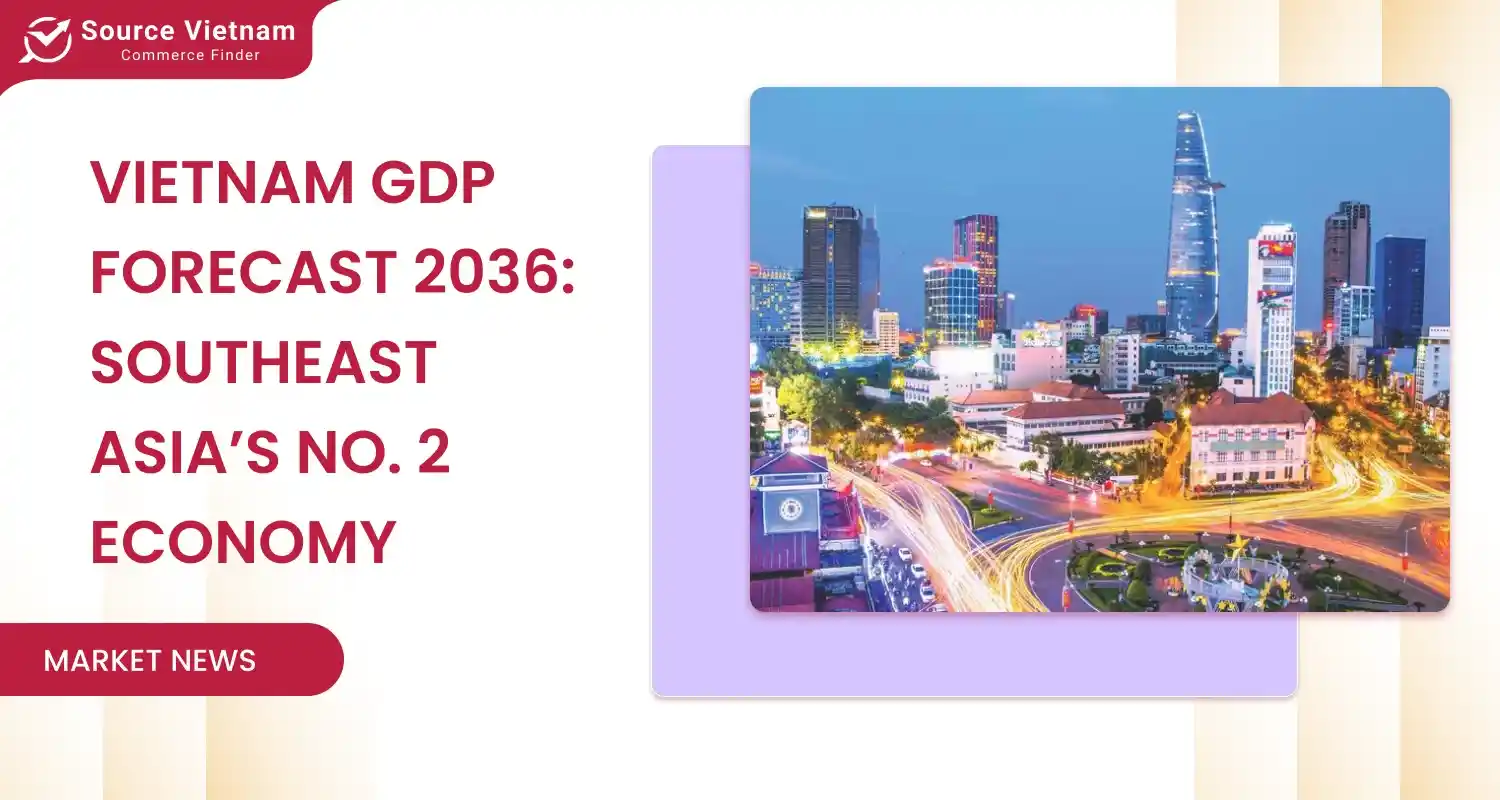
Can Vietnam rise to become Southeast Asia’s second-largest economy by 2036? That’s the ambitious projection made by the Centre for Economics and Business Research (CEBR), and it’s a question that has sparked wide interest among economists and investors alike. As regional dynamics shift and global supply chains evolve, Vietnam is emerging as a rising star with strong momentum. But what’s driving this rapid growth, and how realistic is this forecast in the context of an increasingly competitive Southeast Asian market?
Vietnam’s economy today: From farmlands to factories
Vietnam’s economic transformation over the past few decades has been nothing short of remarkable. In 2021, the country reached a GDP per capita of $11,608 (in purchasing power parity), a major leap from its status as a low-income, agriculture-based economy just a few decades ago.
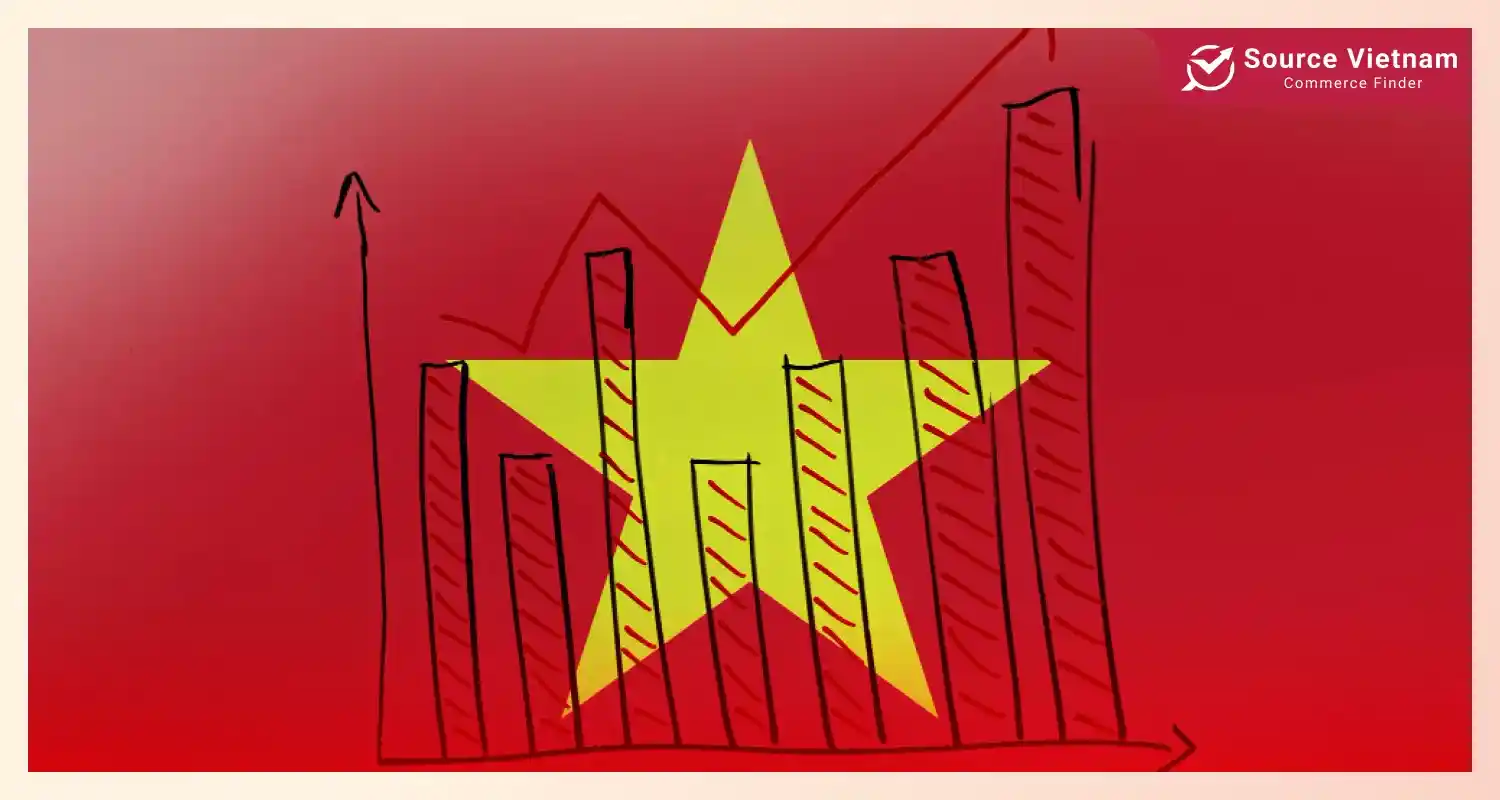
Much of this progress can be traced back to the Đổi Mới (Renovation) reforms launched in the late 1980s, which shifted Vietnam from a centrally planned economy to one more open and integrated with global markets. Today, the country is a key player in manufacturing, exports, and tech-driven growth, firmly positioning itself on the map of emerging economies with long-term potential.
Key drivers behind Vietnam’s economic rise
Vietnam’s journey toward becoming a major economic player is rooted in a combination of sound policy reforms and strategic international integration. Over the past decades, the government has prioritized trade liberalization, foreign investment, and industrial development, especially in manufacturing and export-led sectors. These moves have accelerated economic diversification and helped Vietnam carve out a strong position in global supply chains.
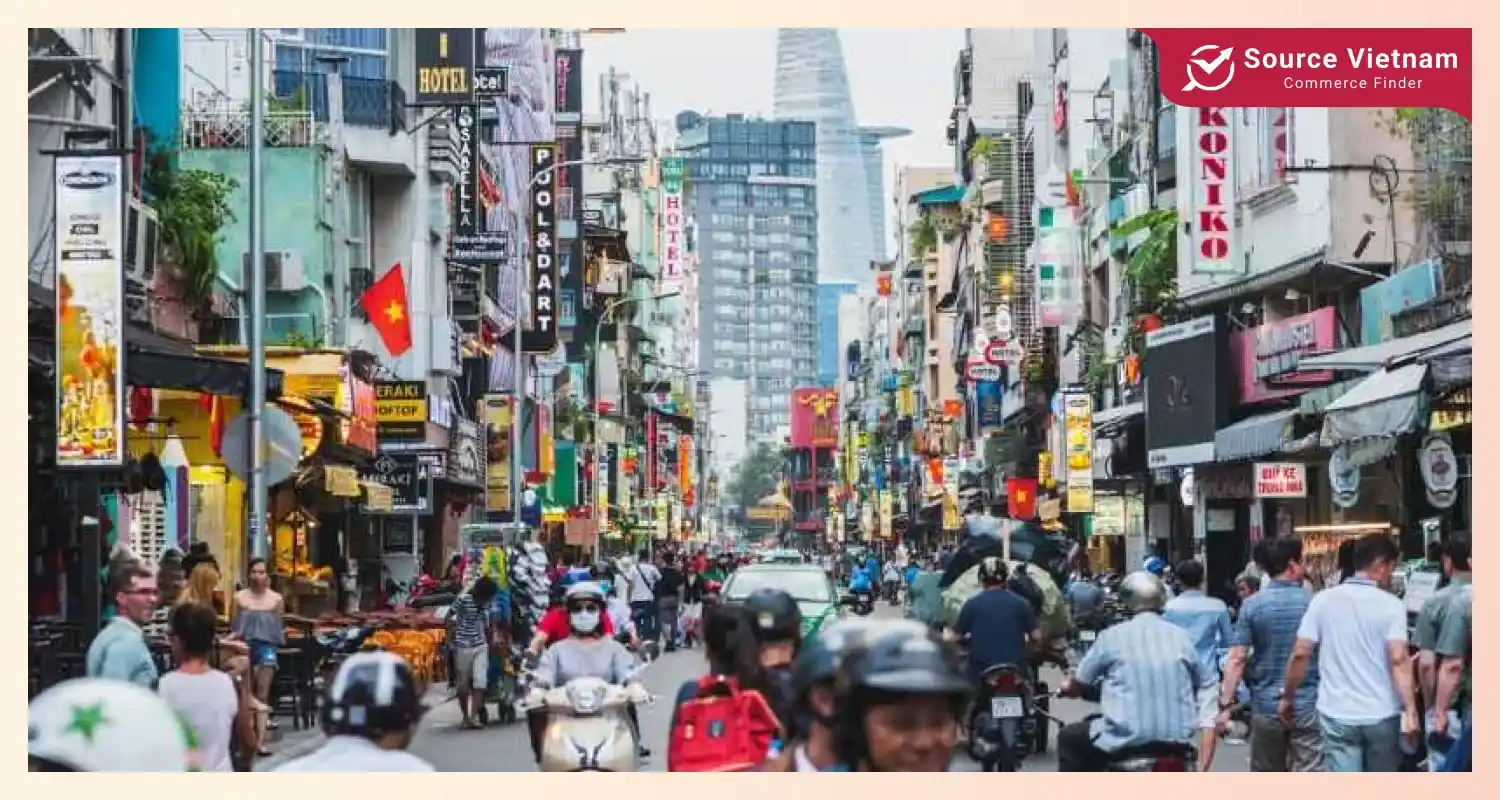
Equally important is the investment in human capital. With a young, dynamic population, Vietnam has seen notable improvements in labor productivity and vocational training, particularly in fields tied to high-tech and green industries. Education reforms and skills development have further enabled the country to adapt to the demands of the modern economy.
On the domestic front, Vietnam’s growing middle class and youthful population are fueling consumption. With nearly 100 million people, many of whom are under 35, the country offers a large and expanding consumer base that promises long-term economic vitality.
Challenges on the road to 2036
Despite its strong momentum, Vietnam’s economic path is not without hurdles. The global economic landscape is increasingly volatile, with trade tensions, geopolitical uncertainties, and supply chain disruptions threatening export-reliant economies like Vietnam.
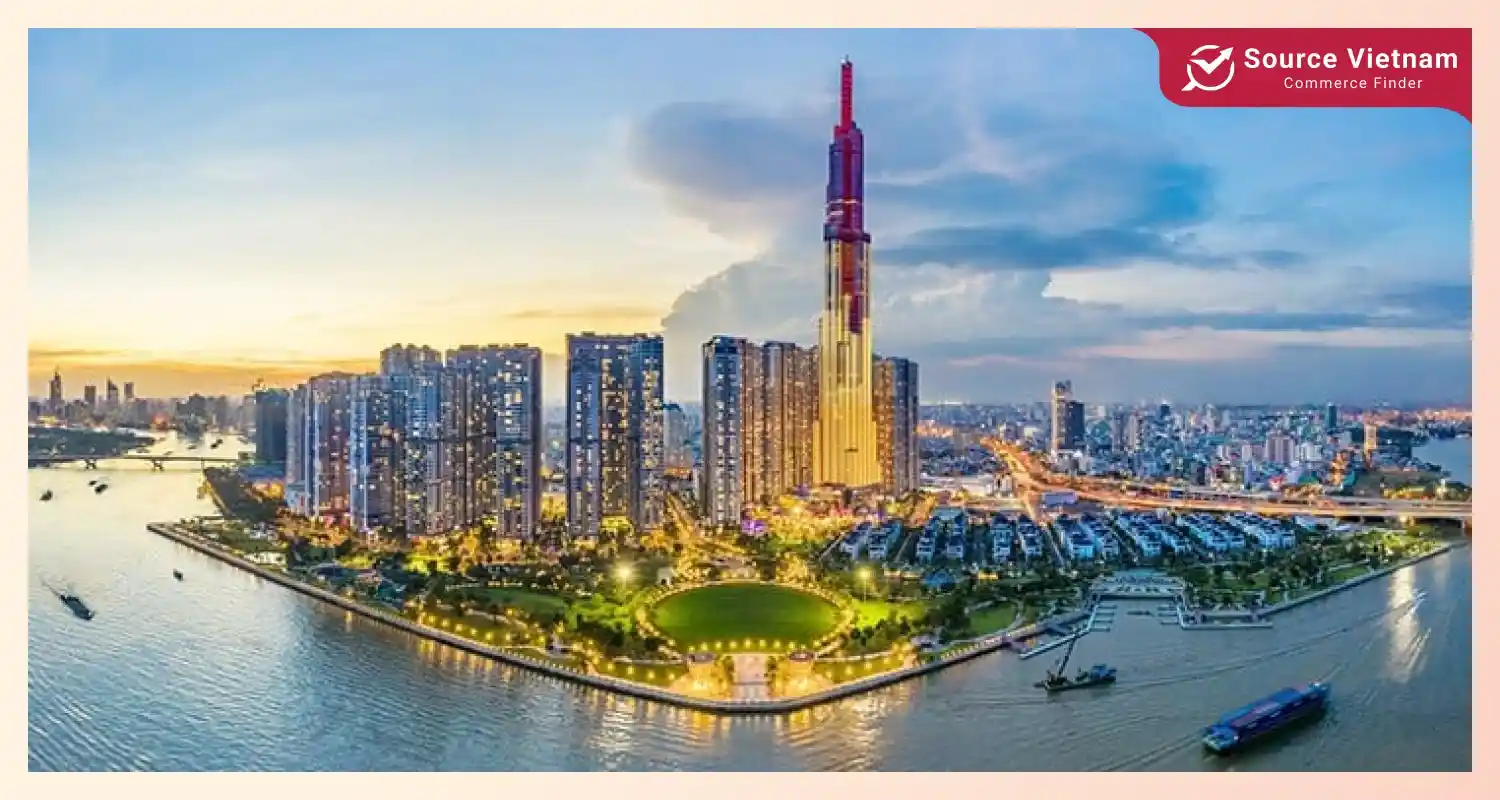
Another looming concern is the aging population. Though currently young, Vietnam is aging at a faster pace than many of its regional peers, raising questions about labor availability and social welfare in the coming decades. Meanwhile, automation and climate change pose structural risks. The country must navigate shifts in technology and adopt sustainable environmental policies to stay competitive and ensure long-term resilience.
Vision for 2045 and beyond
Looking toward 2045 and 2050, Vietnam is setting its sights high, not just in terms of GDP, but in improving the overall quality of life for its citizens. The nation aims to become a high-income economy by 2045, which would require maintaining a steady annual per capita income growth rate of around 5%. It’s an ambitious but not unreachable target, especially given the current growth trajectory and continued focus on structural reforms.
Vietnam is also striving to cement its position as Southeast Asia’s second-largest economy by 2036. To do so, the country will need to not only continue developing traditional strengths like manufacturing and exports, but also move up the value chain, invest in green technologies, and deepen its integration into global innovation networks. With smart planning and sustained momentum, Vietnam is poised to play a much more influential role in shaping the region’s economic future.
Conclusion
Vietnam’s economic journey so far has been impressive, marked by resilience, adaptability, and vision. The road ahead holds immense potential but also challenges that demand proactive solutions. To stay on course, Vietnam must remain committed to long-term strategies that balance growth with sustainability. Policy agility, investment in people, and innovation will be the cornerstones of success.
The big question now is: How will Vietnam turn these aspirations into reality and rise to meet its full potential in the global economy?

